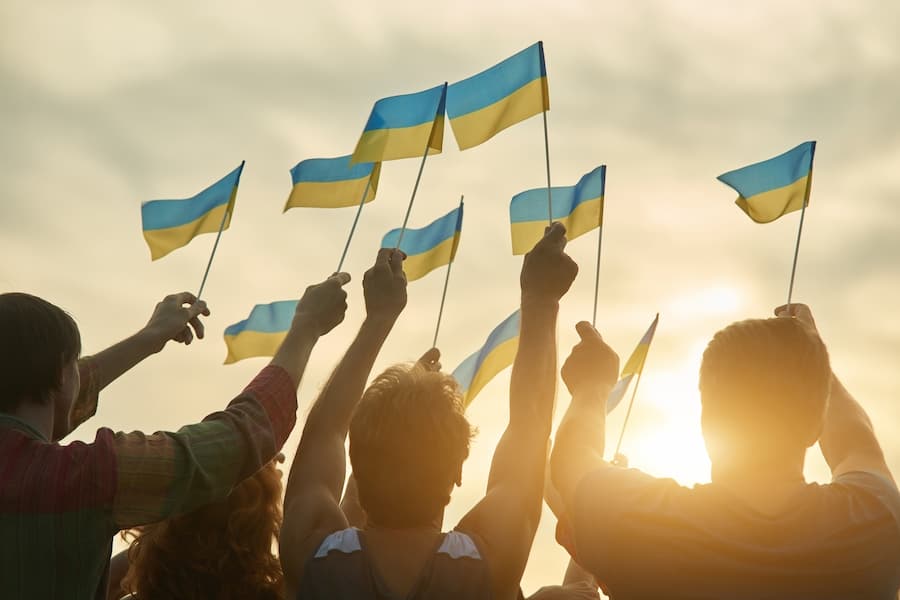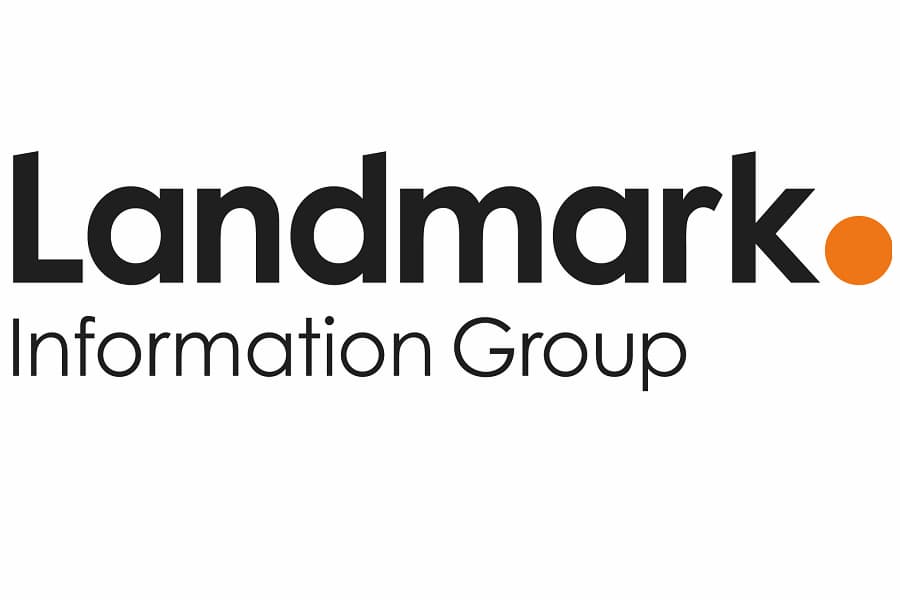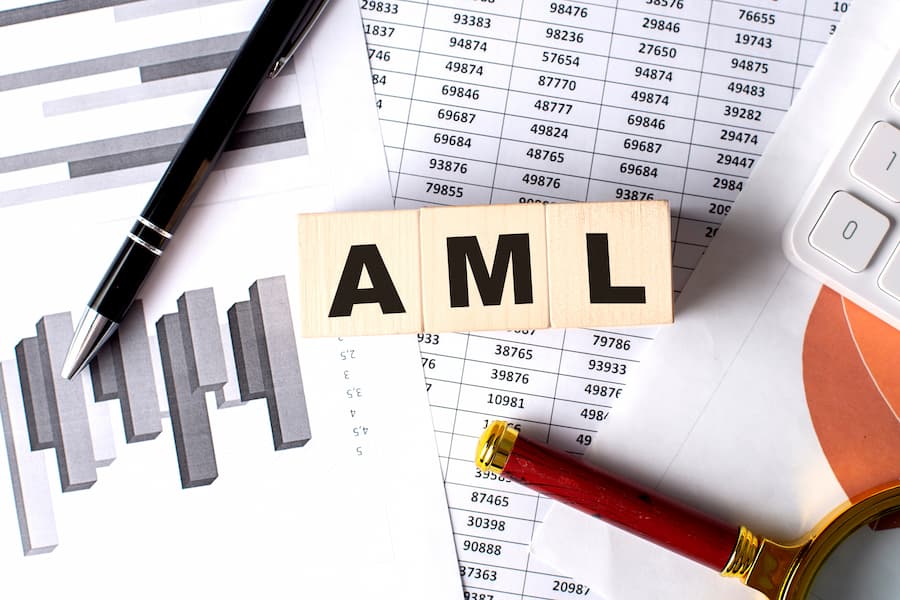The legal sector of Ukraine has been thrust into a war-torn whirlwind of an economic climate, bringing with it untold levels of hardship and uncertainty. Yet, in the face of Russian aggression, Ukraine’s lawyers and firms are doing everything they can to uphold their industry – and their nation.
After the first month of the war between Russia and Ukraine, the Ukrainian Bar Association (UBA) conducted a survey among law firms to measure the impact of military aggression on the Ukrainian legal market.
The impact has been profound: 100% of large law firms and 87% of medium-sized firms (16-45 lawyers) reported a “significant reduction” in revenues, with 13% stating income has fallen to 30% or lower. 100% of medium-sized firms have also reported a significant (over 30%) decline in workload.
The larger firms (45+ lawyers) – which the report suggests are taking on most of the pro bono and legal aid work – have larger reserve funds. A third of respondents can manage for a year or more, another third for 3-4 months, and the rest for 1-2 months. Medium-sized firms, however, have less reserves: a quarter have enough for 1-2 months, with the rest having enough for 3-4 months.
For small firms, the picture is mixed: their workload and income have increased in some cases but fallen in others. However, 17% have no reserve funds and only 10% have enough for over a year.
Yet, despite the difficulties faced by Ukrainian firms and lawyers, they are doing everything they can to help their country’s war effort. A striking 80% of firms said they have supported the state and the army financially. The UBA stated:
“Every second person participates in the information war or seeks medicines and protective equipment or helps citizens, NGOs, and charitable foundations with free consultations.
Almost every second law firm (43%) has defencemen among its employees – soldiers of the Armed Forces and fighters of the Territorial Defense units (up to 30% of employees).”
The report adds:
- 83% help the state financially.
- 49% help with the search and purchase of medicines, protective equipment, etc.
- 45% take an active part in the information war.
- 49% actively cooperate with public and charitable foundations.
- 55% provide free legal aid to citizens.
Of the 55% of Ukrainian firms providing free legal aid to citizens, one example is Integrites. The firm has launched a “War Help Desk” which “provides legal help to individuals and businesses who faced challenges due to Russian military aggression against Ukraine”. The online information hub provides answers to the questions Ukrainians may have during the wartime period across many different areas of law, such as:
- How martial law affects dispute resolution.
- Taxation and employment rights.
- Migration and mobilisation.
- The impact of force majeure on business activity.
- Currency restrictions on businesses and individuals.
- Damages and insurance.
- Functioning of the courts.
Lawyers frequently update the page with new legislation and bring citizens up to speed on the functioning of Ukraine’s infratructure. Citizens are also encouraged to get in touch via email or social media if they need any advice.
Ukrainian firms have also made their staff a priority. 86% of large firms have relocated staff, with 67% of medium firms and 39% of small firms doing the same. Of all relocated staff, 40% have moved abroad, with 60% remaining in Ukraine. Regarding the number of relocated employees:
- 21% of law firms relocated up to 30%.
- 24% of law firms relocated 31-50%.
- 34% of law firms relocated 50+%.
- 21% of law firms relocated 100%.
100% of partners said they wished to receive information about potential secondments for staff in law firms abroad, which offer a way to get lawyers to safety while allowing them to continue practising. The UBA said:
“It is worth noting that secondments are popular not so much in terms of financial support for lawyers, but as a tool to maintain their professional level and gain new experience.”
One secondment scheme launched in the interest of protecting the developing career of law students and young lawyers is the “Safe Harbor 4 UA Students” scheme organised by Patricia Shaughnessy and Alicja Zielinska-Eisen:
“[The scheme’s goal is] to provide the law students from Ukraine with a ‘Safe Harbor’: safe and friendly environments to enable them to grow, pursue their legal education, and plan for the future.
We are able to offer students an ‘internship package’ that includes a 3-month (or longer) internship, accommodation, travel logistics assistance, a living expense stipend, and social and educational activities and networking opportunities.”
Speaking at the recent International Chambers of Commerce Young Arbitrators Forum on assistance to Ukrainian lawyers, Shaughnessy stated that 250 applications had been received and 49 Ukrainians had been placed on secondment in other countries. One example of a host organisation is the German Arbitration Institute (DIS), which recently announced its intake of two young Ukrainians.
Secondment do not, however, come without concerns for the individual. Galina Zukova, Partner at ZUKOVA Legal and Associate Professor at the University of Versailles, said:
“People often think: ‘how can I run my business right now?’ But then there are more individual [considerations] such as ‘where should I live?’ and ‘how should I run my life?
For many of these people, it comes down to survival for the next three months. It’s not a problem to survive in a foreign country, but then it comes down to what [they] can do in six months’ time… when my [asylum] is over, will I come back to Ukraine? Will I have to reinvent myself? There are business concerns mixed in with individual concerns.”
Olena Perepelynska, Head of International Arbitration at Integrites, noted some other issues with the relocation of lawyers abroad:
“One risk is that a lawyer might be so good that the host firm would want to keep them, so we need some sort of non-solicitation agreement to prevent that. We want to keep legal and personal contacts with our lawyers.
Another problem is a long bureaucratic procedure with secondment. We have seen firms, barristers [and] sole practitioners all offer help to Ukrainians, but the process is different for them all. The procedures are inflexible and time-consuming.
[Location and duration also present problems]. Some Ukrainians don’t wish to commit to long periods of time, such as a year. Firms want them to work in the office, but the cost of relocating is a lot and many Ukrainians have family elsewhere that they can’t leave behind. I think 80% wish to come back to Ukraine.
Payment arrangements also raise issues in terms of currency and taxation, so the easiest way is for an agreement between two law firms on behalf of the secondee with the payment structured as legal services contracted between the firms, and then the Ukrainian firm can use this money to pay a salary to their lawyer. In my experience, this works and allows us to simplify issues while keeping formalities to a minimum.
Many law firms have, however, reconsidered their demands and have made exceptions in light of the situation. We’re thankful to those who have taken Ukrainian lawyers on and to those who have made it prompt without bureaucracy.”





















One Response